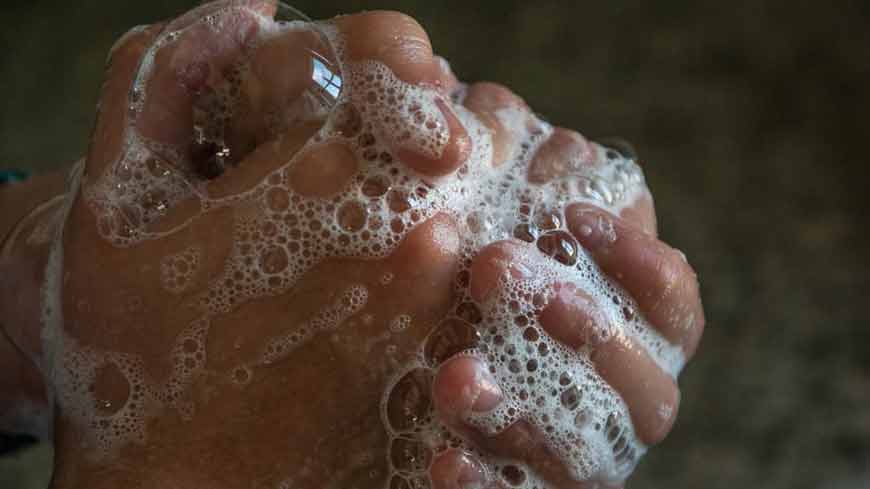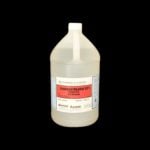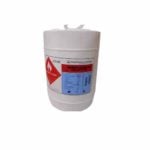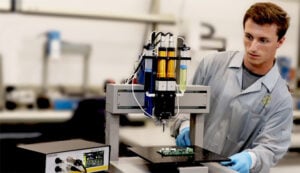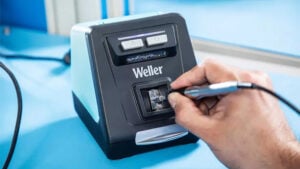New reports indicate that alcohol hand washes and sanitizers are losing the battle against super strains of Enterococcal bacteria.
Educating practitioners and patients on the when, where, and why of hand sanitization within healthcare facilities has led to a pronounced decline in MRSA and HAIs for the greater part of the last 20 years. Meanwhile, “what” we wash our hands with may require new solutions.
Studies Show Super-Bacteria with 10x Resistance to Alcohol Disinfection (IPA) than In Previous Decades
Genetic Mutations in E. Faecium
Bacterial genomic signatures showed a mutation in genes with altered carbohydrate uptake and metabolism function. 70% alcohol destabilizes a unicellular organisms membrane, therefore rendering bacteria inert. If bacteria were to mutate in a way that its lipid or protein composition would change, alcohol would lose efficacy. If genetic selection increases membrane resistance without hindering primary cell functions, super-resistance is likely. Consequently, the standard contact times associated with disinfection may increase, thus hindering the fast acting advantages of isopropyl alcohol solutions.
NASA Confirms Alcohol Resistance Bacteria Strains
Related Posts
-
The Dangers of Isopropyl Alcohol
Hazards of Isopropyl Alcohol (IPA) As we’ve discussed in a previous post, there are many advantages of using isopropyl alcohol in the manufacturing process because of its low cost, but what we didn’t cover is some of…
-
Why Is 70% Isopropyl Alcohol (IPA) a Better Disinfectant than 99% Isopropanol, and What Is IPA Used For?
How does one solution kill viruses and bacteria on contact, and the other not at all?
-
We Sell The Highest Grade 99% Isopropyl Alcohol By The Gallon. Here's How To Get The Best Price Online.
For any use of isopropyl alcohol, it's essential that the advertised contents reflect the actual reality of the solution. Water to alcohol concentration is a key indicator of efficacy and usefulness of IPA. Quality solvents…
-
Guide to USP <1072> Disinfectants & Sporicides
USP outlines decontamination practices for critical environments.In this post, we'll outline the types of chemical disinfectants and sterilants used in cleanrooms and laboratories. This includes isopropyl alcohol, bleach, formaldehyde, hydrogen peroxide, and peracetic acid.

